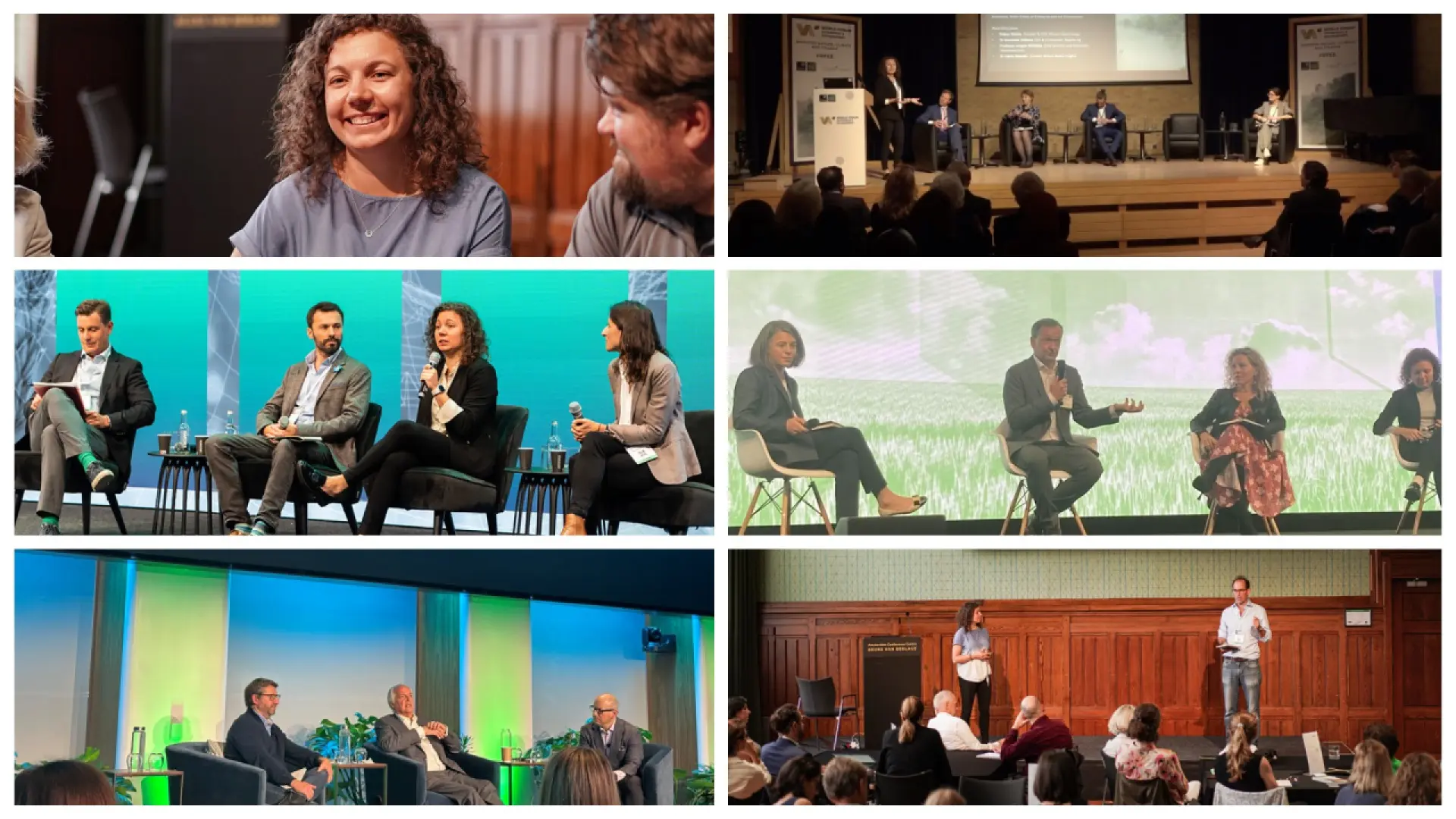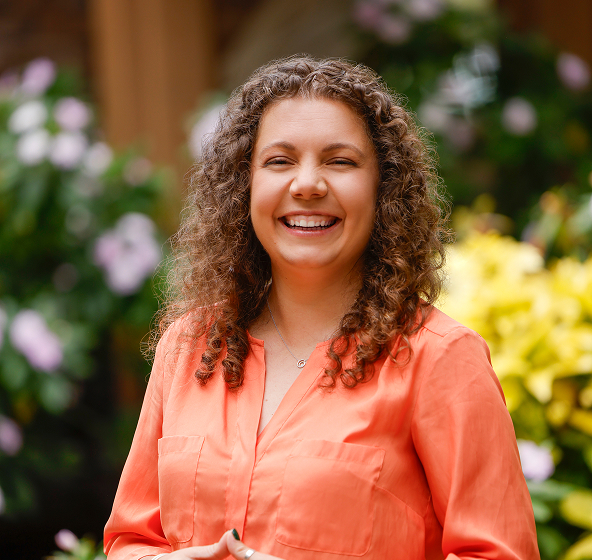Many have asked for my #NYClimateWeek reflections, so I'm sharing a macro perspective on a state of the agrifood industry, not just informed by the NYCW, but by the last 4 weeks of meeting with customers and partners across Europe and the US.
1. Leaders are staying the course.
The industry leaders who committed to supporting and financing part of the industry transition towards resilience are staying the course. For some it is easier than for others, with greater or lesser leadership support. For those working to keep demonstrating the value of their (possibly more recent) investments, we are continuing to support by providing ways to demonstrate ROI, and connections to their peers for added support and to continue the momentum and not just ‘stay the course’, but lead it.
2. Followers in pockets of the industry are following.
Gladly, we are seeing more companies that have taken initial steps in the regen ag direction over the last few years, starting to play a more active role in the community, sharing their experience, and seeking collaborations. There is, of course, a lot to learn from bringing those (sometimes pilot) projects into the light and looking for the tools to scale them and demonstrate their impact. This is a path that is now well-charted in commodity crops, and is boldly advancing in livestock. It's an exciting place to be!
3. Industry adoption is deepening, but that doesn’t mean it’s accelerating.
There are change makers within companies that recognize the value of this work to the current and future P&L (as near-future as tomorrow, given the current rate of climate disasters), yet for one reason or another they are moving slower in building conviction — perhaps because these companies are big ships to turn.
Those change makers are reaching out to the community for case studies and examples around them, building a case that will achieve a greater level of confidence for their organization to cross the starting line and join the community learning together. There aren’t many (any?) ‘learning’ harvests left — not for many farmers bottom lines, not in today’s climate or economy.
Wherever companies are on the journey, they are looking for peers to trust and to build true partnerships. I don’t mean this word loosely.
Thought partnerships and financial commitment are essential to program success — in many stages the insights and learnings shared are equally if not more valuable than signed supplier or partner contracts.
At Regrow Ag, we recognize the need and our role to keep supporting the industry with tools to get on a credible and viable path of transformation faster. We're incorporating the learnings that we have to date, and we are hard at work cooking this support mechanism — stay tuned! Even better, if the above resonated, reach out to us, to your peers and to your colleagues to discuss.
It comes down to the simple truth that the best way to go far is to go together. If you have a question today (maybe it's CSRD filings, EUDR compliance, inventory vs intervention accounting, system boundaries in livestock systems, partner compensation, permanence assurance or co-claiming in insetting programs, or landscape level attribution of investments — this is just the start of the list of what’s on your mind, I know!), someone else has just found the answer to that question, or is hard at work on it as we speak. And we’ll all get there faster, if we go together.
It will be soon 8 years since I’ve started this journey (since Flurosat’s origin, predecessor of Regrow Ag). During these years, building this community and seeing the impact we've been able to achieve is what I am most proud of.
TLDR: The rising tide will lift all boats. Sustainability is a team sport that everyone needs to play.



